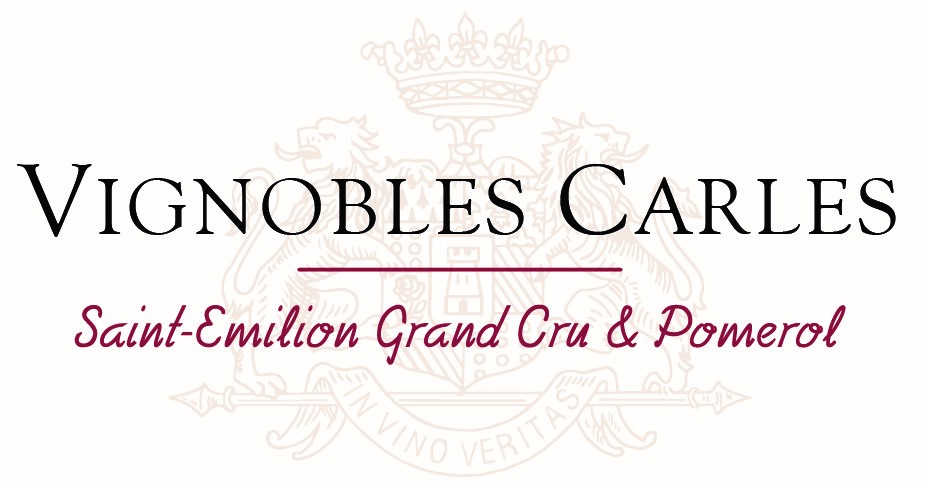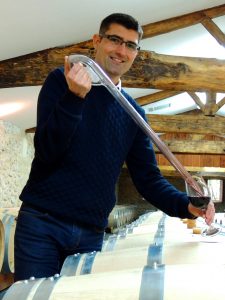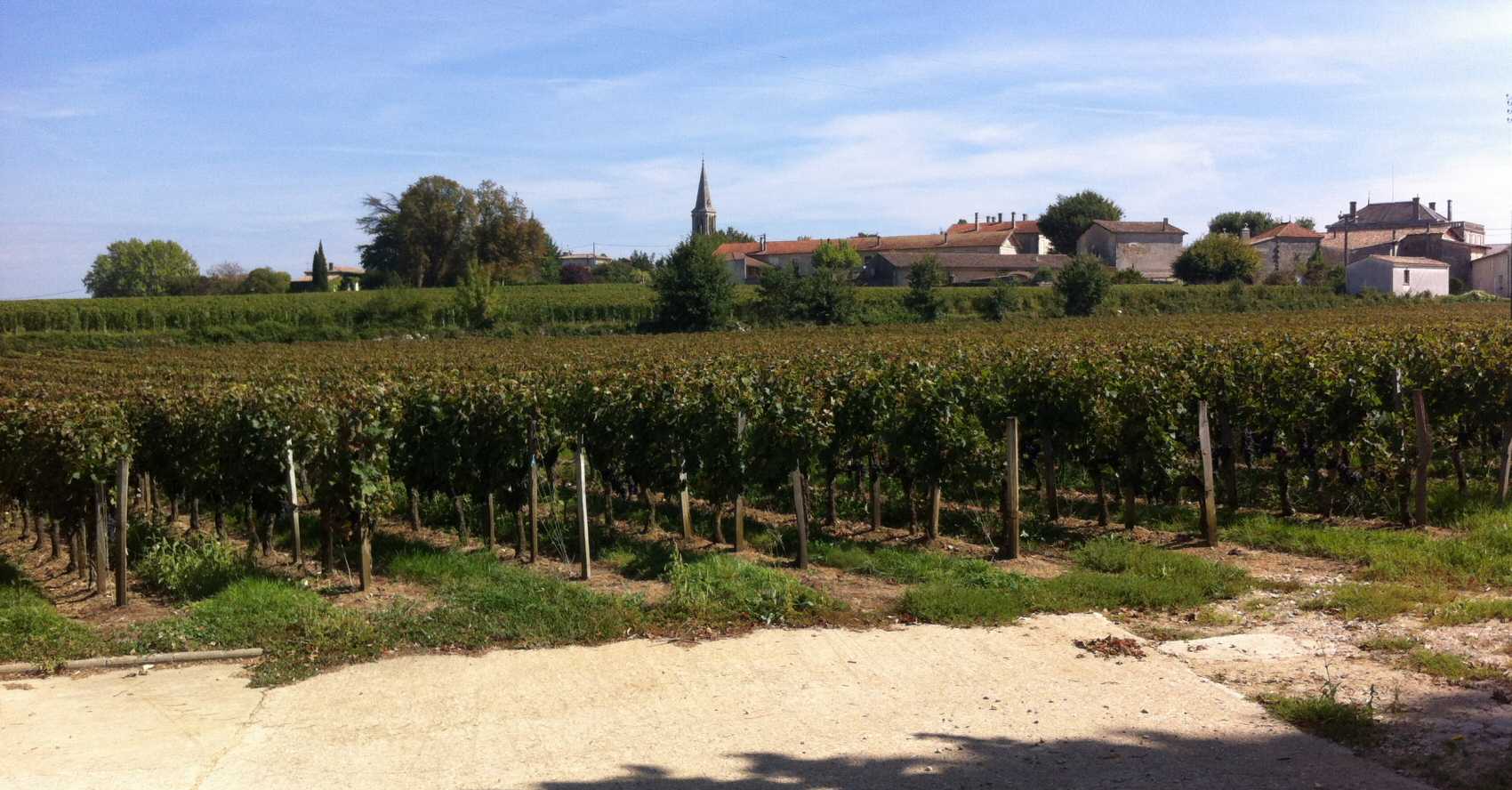
Identity
A passion passed down to four generations
The Carles Vineyards were founded by Jean-Claude Carles and his wife Marie-Danielle Carles to group and exploit family properties acquired over the years on the St-Emilion terroir. Château Panet is the flagship of the estate. Transmitted by Jean-Claude’s great aunt in 1924, it is now the main production site of the estate.
Passionate about wine and vineyard work, Jean-Claude continued to expand the vineyard. In 1948, he acquires Clos La Rose, an area with great potential as it brings soil diversity and novelty to the range. In 1957, he purchases Château Haut-Fonrazade, an estate allowing him to meet the high demand for wine in the post-war years. In 1961, he falls in love with Château Coudert, a beautiful and promising site that he includes in his vineyards. He then meets his wife, Marie-Danielle, and together, they decide to completely renovate the building while preserving the majestic tower dating circa 1800. This is where they settle in with their family and cultivate the vineyard of one of their best wines. In 1994, Mrs Carles inherits a part of the family estate in Pomerol where she decides to create the vintage Château Croix des Rouzes. The Carles Vineyards open up onto another prestigious Bordeaux wine appellation, Pomerol.
Today, the story continues with Jérôme and Gilles Carles, the two sons who have taken over the reins of the family business and are actively contributing to its development. Together, they buy Clos Jacquemeau in 1999 to produce their own vintage. With a fresh take on the family business, they bring in a new management style turned towards relationships building, in order to strengthen the cohesion of the team. They also install new technologies and innovations that highlight the vintages of the estate.
Dates clés
1880 : the château PANET is transmitted by Jean-Claude’s great aunt
1948: Jean-Claude Carles acquires CLOS LA ROSE
1957: Jean-Claude Carles acquires HAUT FONRAZADE
1961: Jean-Claude Carles acquires COUDERT
1994: Marie-Danielle Carles Mrs Carles inherits Château CROIX DES ROUZES in Pomerol.
1999: Jérôme et Gilles Carles join the family estate in order to develop all the vineyards.
A commitment
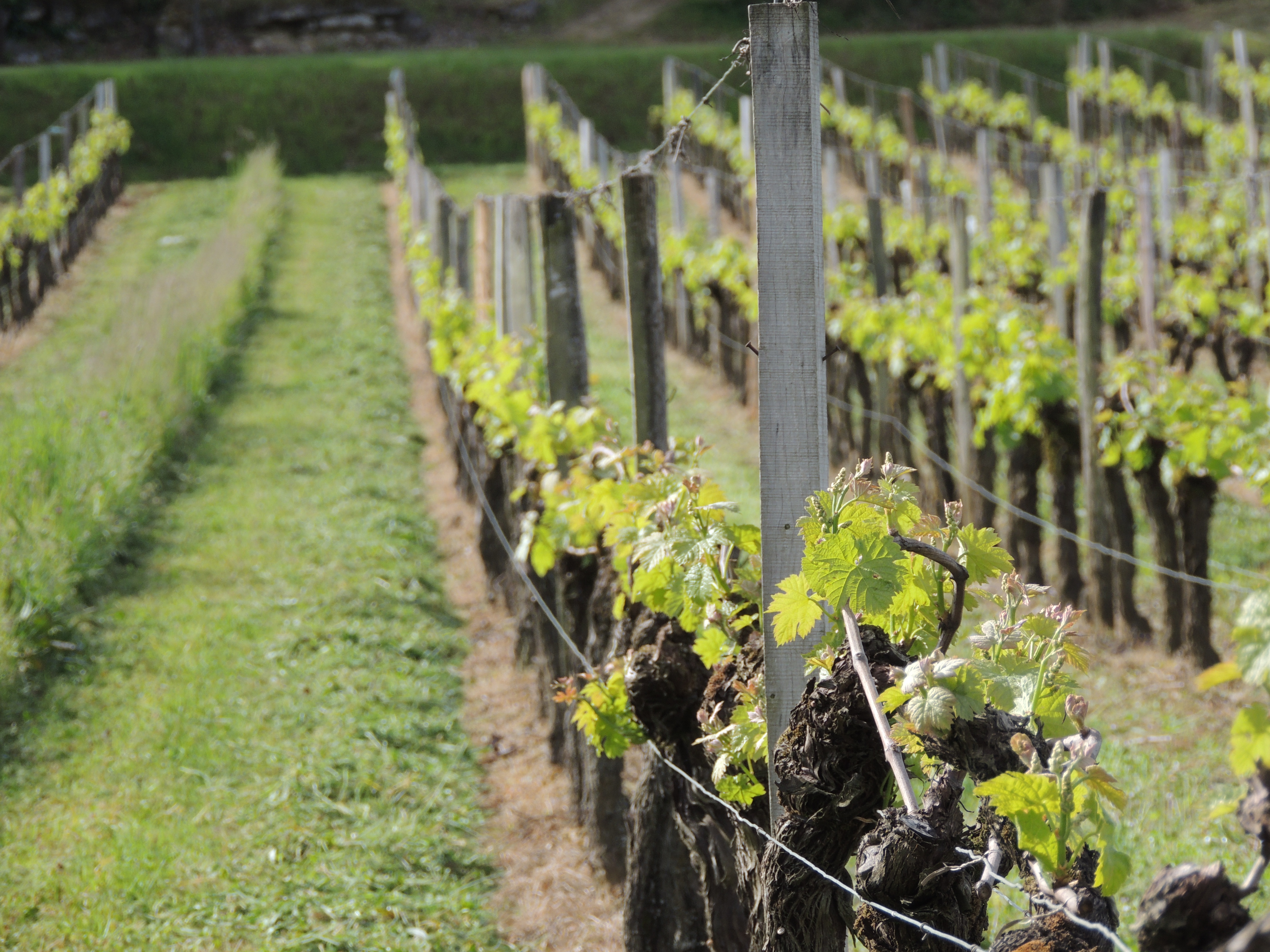
A painstaking work in the field
We conduct our vineyards in a traditional way while using sustainable farming methods. We practice leaf thinning to allow grapes to absorb as much sunlight as possible. Our teams also realize green harvesting to limit the amount of bunches per vine and thus to better promote the maturation of our berries. Once the bunches of grapes have reached their optimum ripeness, the grapes are harvested by hand, with a first sorting in the vineyard and a second one at the wine cellar.
During the alcoholic fermentation, we perform the monitoring of temperatures so that the latter takes place in the best conditions. The stages of fermentation and maceration last about a month. Then, our wines are aged in oak barrels, and also in vats in order to maintain a balance between wood and fruit during the blending process. Finally, about 20 months after the harvest, our wines will be bottled at château Panet. Each one of our wines are vinified and aged in their respective appellation areas.
A commitment
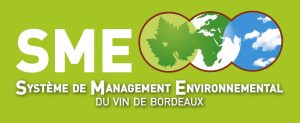
Since 2013, we have been committed to the EMS process: an Environmental Management System carried by the CIVB (Bordeaux Wine Council) since 2010. This means that we have made a commitment towards continuous progress in environment protection, in which each one of our employees plays a part. We are a member of the ISO 14001 certified “First Association for the EMS of Bordeaux wines”.
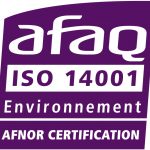
Maison Carles SAS, member of the 1st ISO 14001 certified Bordeaux Environmental Management System Association.
The ISO14001 certification is an international standard for environmental management. The aim is to limit the impact of our activities on the environment.
Working closely with Jean-Philippe Fort
Consultant oenologist from the laboratory Michel Rolland
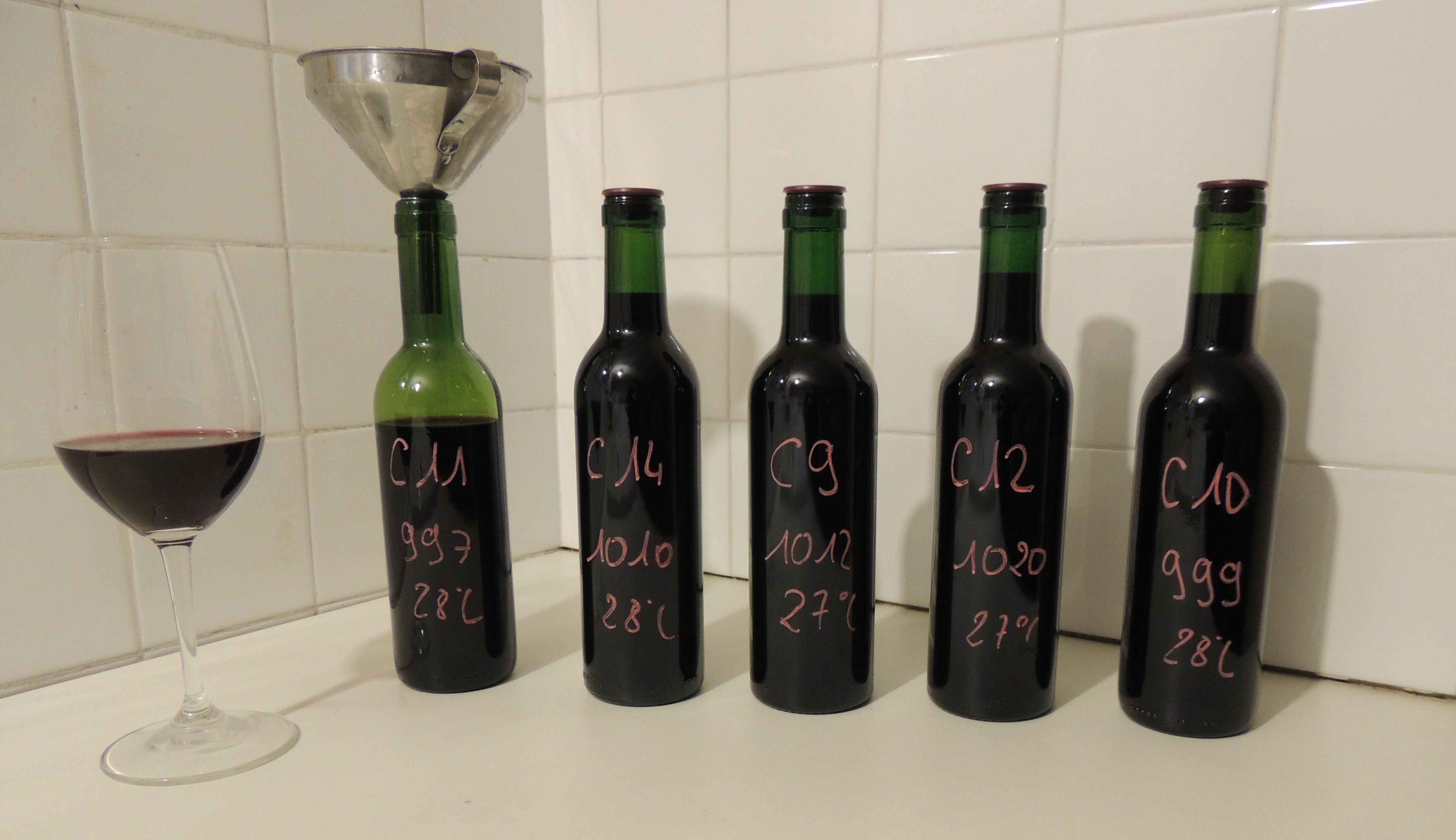
Famous consultant oenologist from the Bordeaux laboratory Michel Rolland, based in Pomerol, Jean-Philippe Fort has worked with us for over 15 years.
Renowned for his experience in the wine making process, he gives us sensible advice on vinification, ageing and blending.
